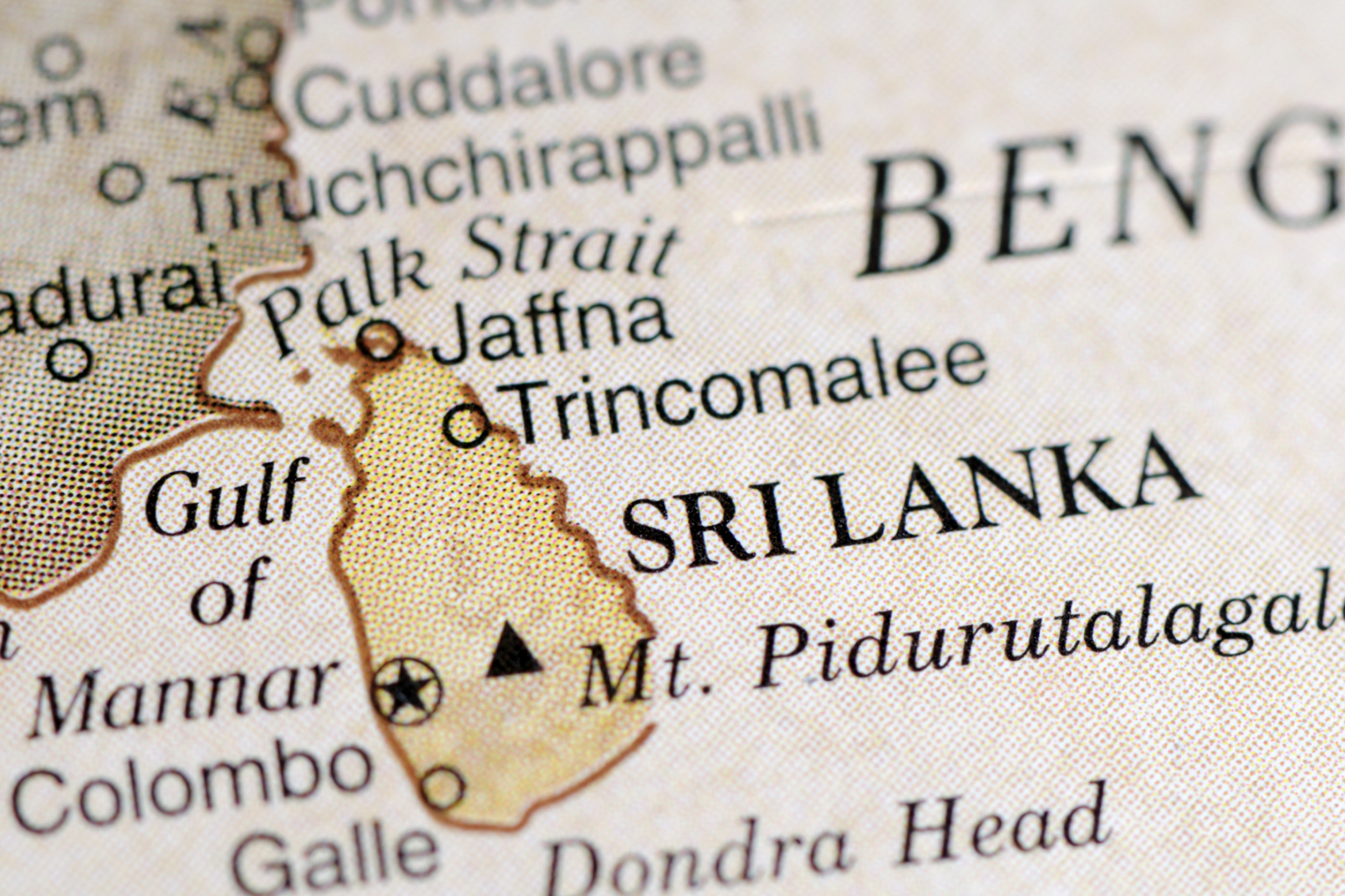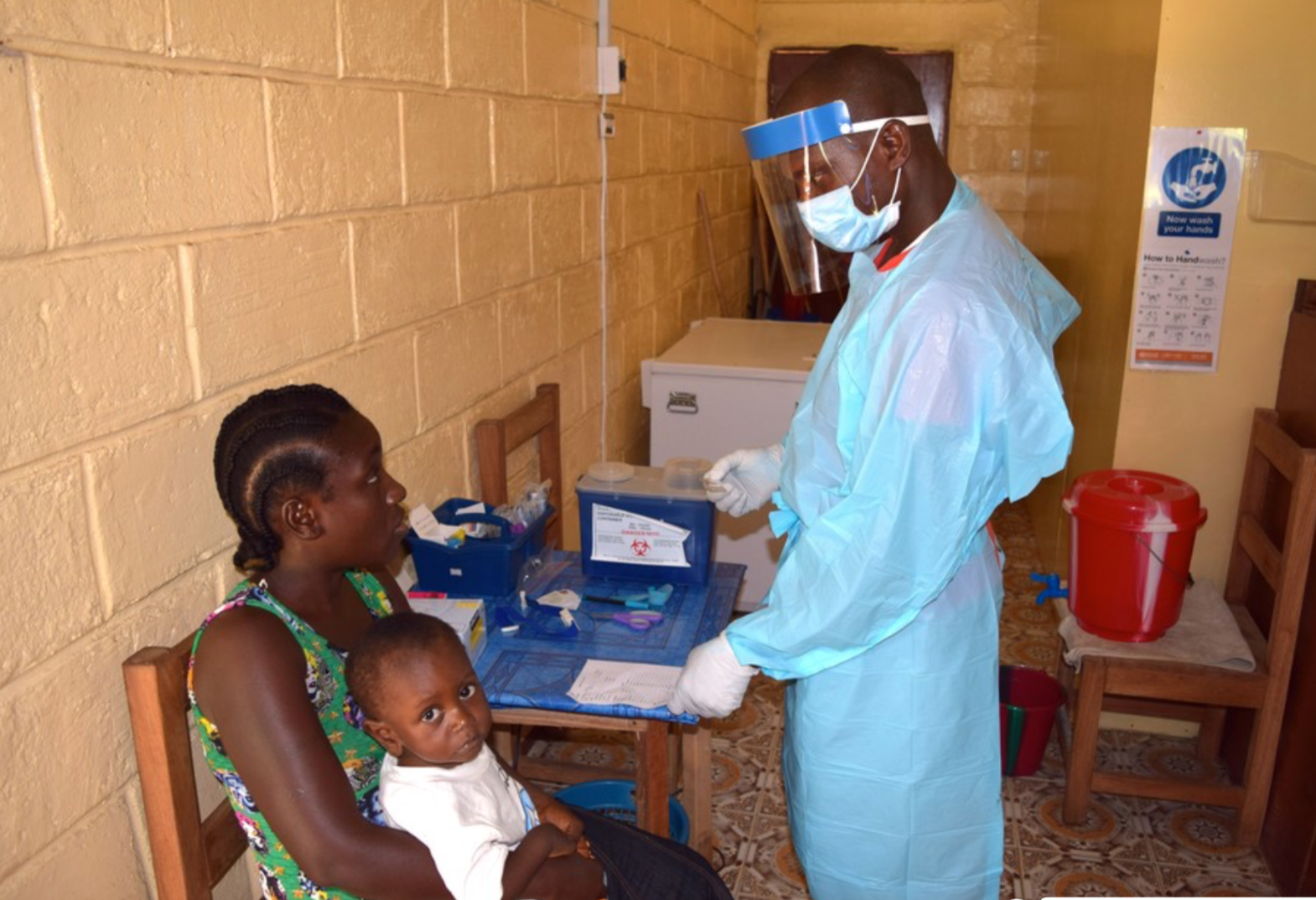Discussions to set up a dedicated fund for epidemics took centre stage at a forum in Accra to collate input for the 2022 budget statement and economic policy. Proponents said the outbreak of the COVID-19 pandemic had made such a fund more relevant, hence the need for...









